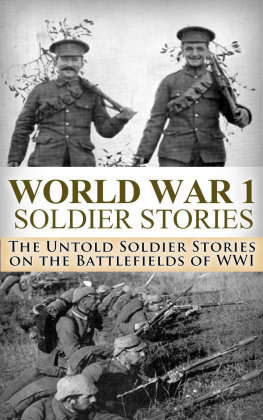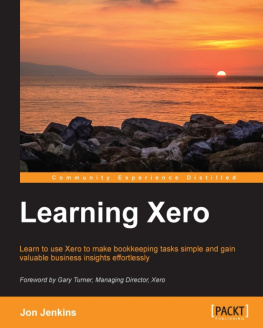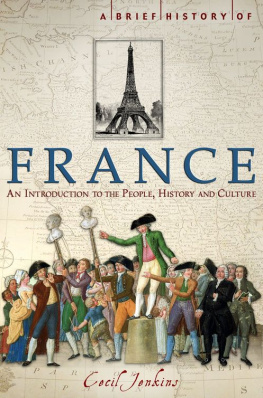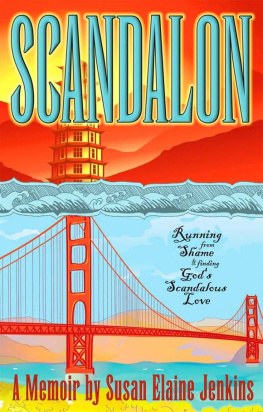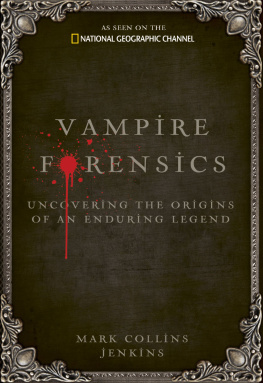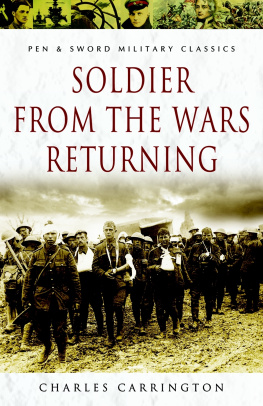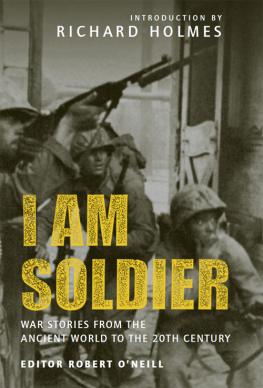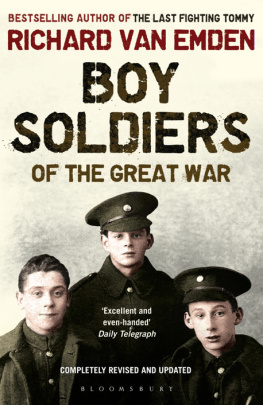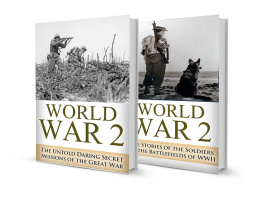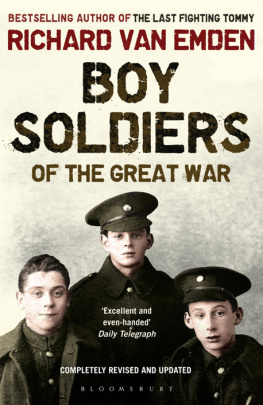Thank you for downloading this book, World War One Heroes.
For many years, historians have used the French Revolution, which began in 1789, as the point at which the world entered the Modern Era. Politics as we know them today, mass media, and much else began to a large degree during this period. Immediately prior to the revolution in France, thinkers from Western Europe and America re-evaluated the order of not only human society, but religion as well in the period of time called the Enlightenment. Additionally, in the early part of the 18 th century, the Industrial Revolution began which changed so many aspects of life and history that is only possible to do these changes justice by giving them their own book. In many ways, the French Revolution was the culmination of both the Enlightenment and the Industrial Revolution.
The French Revolution gave birth to modern nationalism, one of the primary reasons behind the outbreak of the First World War. As a result of both the political philosophy of the French Revolutionaries and the resentment caused by the conquest of Europe by Napoleon, people all over Europe, the majority of whom were ruled by royal families that were of a different ethnic or language group and/or believed in the right of dynastic aristocratic families to rule. In regions throughout Europe, nationalist and sometimes republican revolutions broke out, but it was not until the latter part of the 19 th century that a Europe resembling that which we know was born.
After much conflict, Italy was born in the late 1860's. After three wars in the 1860's and 1870-71, the many German states were united Prussian rule and modern Germany was born. With the birth of a strong, large, rich and united Germany, Europe entered a new phase, which would lead it directly into World War One.
This book is about the heroic soldier stories of World War I. Their tales of bravery, in their own small way, changed the course of the war. Lets let their stories be heard.
Please feel free to share this book with your friends and family. Please also take the time to write a short review on Amazon to share your thoughts.
Chapter 1: Effects, Origins and Armies
Let's be honest. Most people are not that interested in history when they are young. Much of the blame for that lies in teachers who are not enthused about their subject matter and/or do not know who to teach the subject in a way that holds the interest of students in elementary school all the way through high school and perhaps in college.
One of the most frequent comments heard by teachers (and this writer) from adults when and if the subject turns to history is: I wish I had paid attention in class. I'd like to know more about history. Well, if you are one of those people, you have begun an interesting journey, for understanding World War One both on a world scale and for the lives of individuals will give you a good place to begin to understand the world of today and how it came to be.
To give but just one brief example the Middle East today (2015) is one of the most troubled areas of the world, and the headlines are dominated by news from or about the region. Of course, there are many reasons for this, but one of the roots of the many troubles that the region has experienced in both the 20 th and early 21 st century is planted firmly in the end of World War One.
When the war began, the Ottoman Empire (which had its capital in modern Turkey) dominated much of the Middle East. Though this empire was much weaker than it had been when it expanded throughout the Middle East and southern Europe, it was still a force to be reckoned with.
After millions of people had died in battle and its consequences (including genocide), the Ottoman Empire was defeated both from without and within. Modern Turkey was born in the aftermath, but did not control the areas previously held by the Ottomans. Instead, tribal, ethnic and religious factions fought each other throughout the region, and in the end, the British and French, which caused even more resentment among much of the native population, supplanted the Ottoman Empire (in Iraq, Syria, Lebanon and Palestine). The borders of Iraq, for example, were imposed on the people of the area from outside which is one of the many reasons for the conflicts within that nation today. World War One lives on.
Of course, even those people who did not pay that much attention in history class know that how World War One ended played a great role in how World War II began . The Treaty of Versailles, though it was a much less harsh document than the Germans had imposed on Russia in 1917, had terms within it that promoted nothing but anger and resentment in Germany which fostered the rise of Hitler and the Nazis.
Students who are clever but are not interested in the subject of a class nonetheless learn a number of phrases and code words just enough to keep the teacher satisfied or off their back. As both a student and a teacher, I know this all too well. One of the most frequent questions heard in middle and high school history classes is Name one prime reason for the start of World War One. If a student is clever and has paid just enough attention, he or she will answer The Alliance System, or something similar. The teacher will then say Good, I can see you've been paying attention., and the student can then go back to sleep, or texting or whatever it is these days.
The question that now arises is whether The Alliance System was actually a prime reason for the start of the war. The answer is...no. Was it a factor? Yes. Prime reason? No.
So, what started WWI? Rarely is one thing the sole factor in the outbreak of war. Even Pearl Harbor and 9/11, two events that brought war to the United States seemingly overnight, were years in the making.
Different historians place more or less emphasis on certain aspects of an event or events, and WWI is no different. That being said, what follows is a list and short description of some of the more important factors leading to the outbreak of war in 1914, in no particular order.
Nationalism and Imperialism:
As was mentioned previously, modern nationalism played a significant role in the Europe of the early 20 th century. For the larger and richer nations of Europe, this nationalism was tied not only into notions of national pride, but of imperial grandeur.
The nation that possessed the largest empire in the early 20 th century (as it had for over one hundred years) was the United Kingdom. Actually, the area governed or controlled by Great Britain in the early 20 th century was the largest empire ever known to man. The most common saying referring to this control was The sun never sets on the British Empire., and it didn't. From North Africa and the Middle East to India, Hong Kong and parts of China, to outposts in the Pacific, the sun was always shining somewhere on the British Empire, especially if one factors in the Dominion States of Canada, South Africa, Australia and New Zealand.
The riches, power and prestige of this empire were jealously regarded by the other states of Europe, especially France and Germany. Though all three nations are allies today, it is especially surprising for a new student of history to learn that France and England, despite both being somewhat liberal in political structure, were oftentimes rivals. Actually, in the late 1800's and early 1900's, France and England had almost come to blows over territory in Africa, and had been deadly enemies just one hundred years prior to the outbreak of the First World War.

